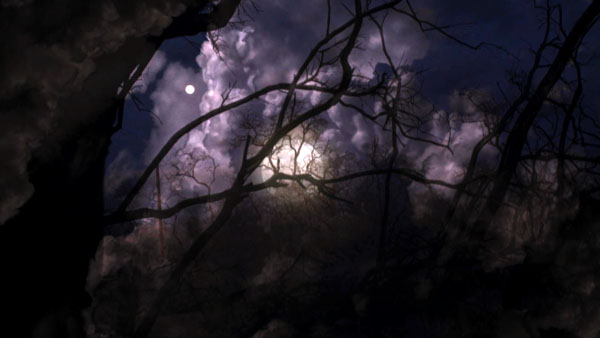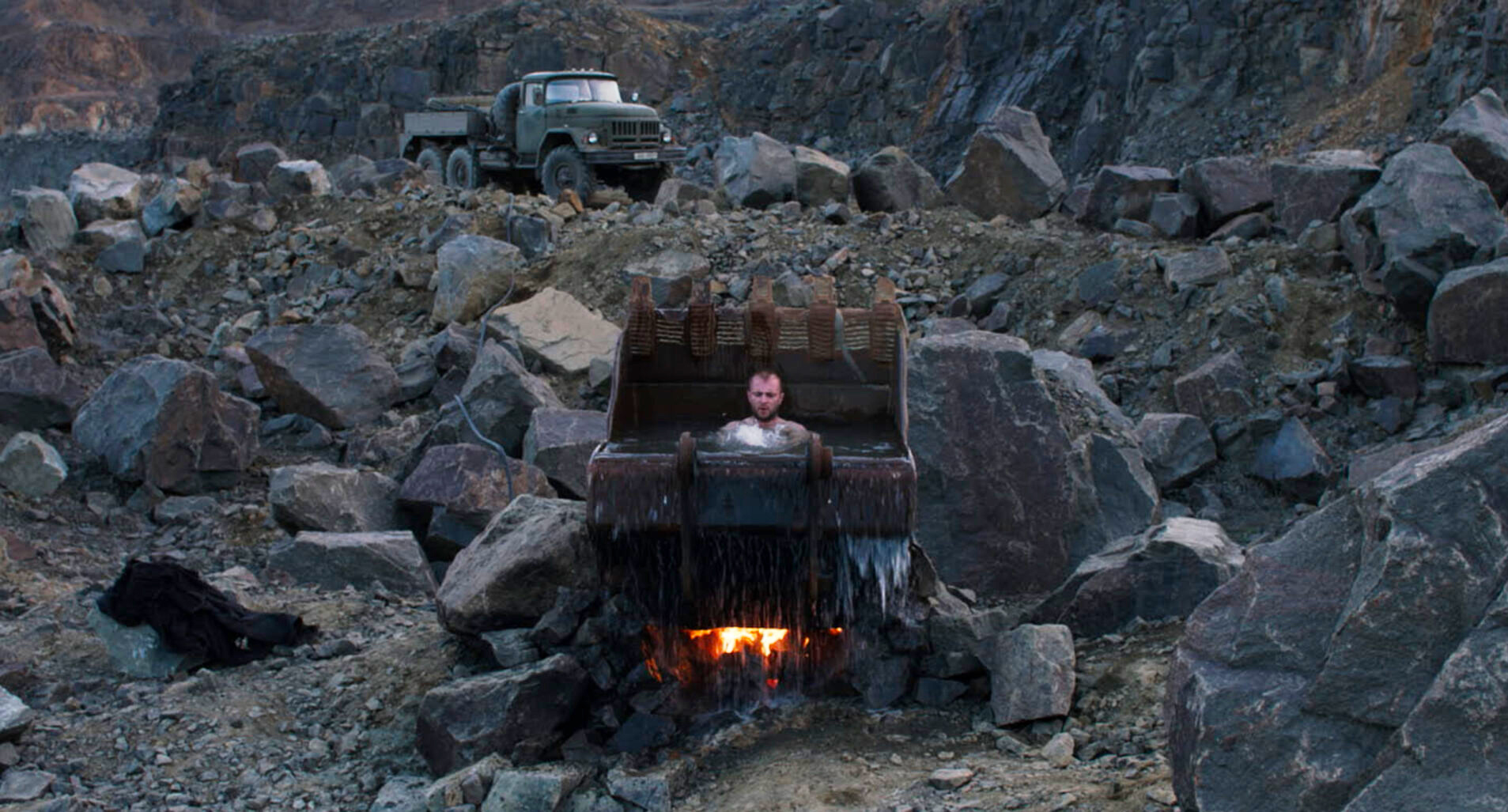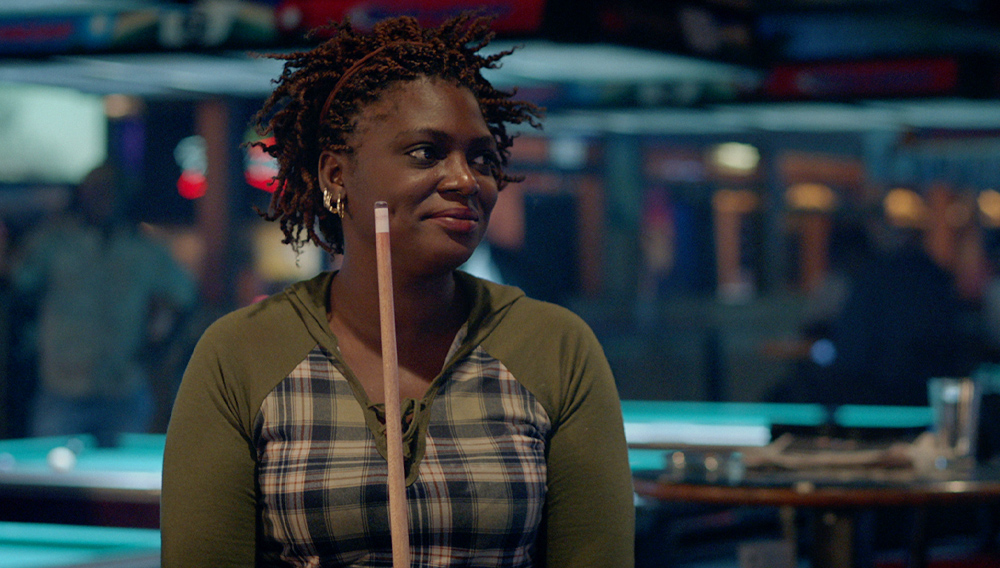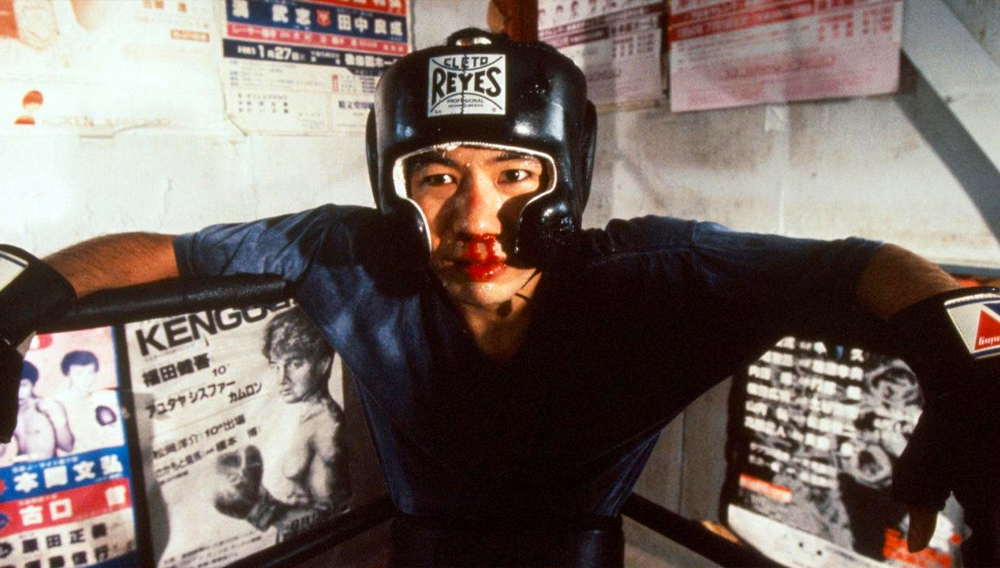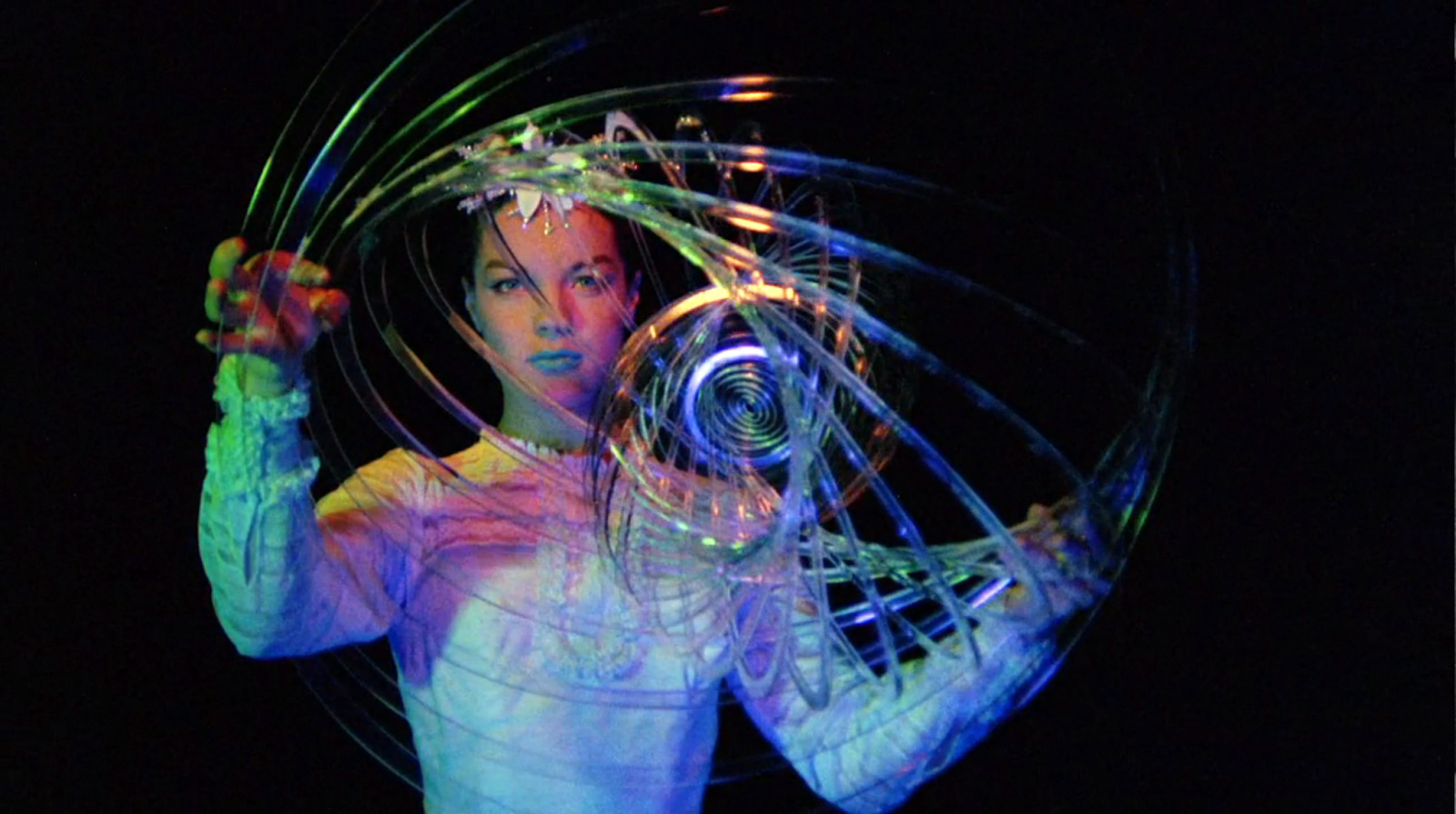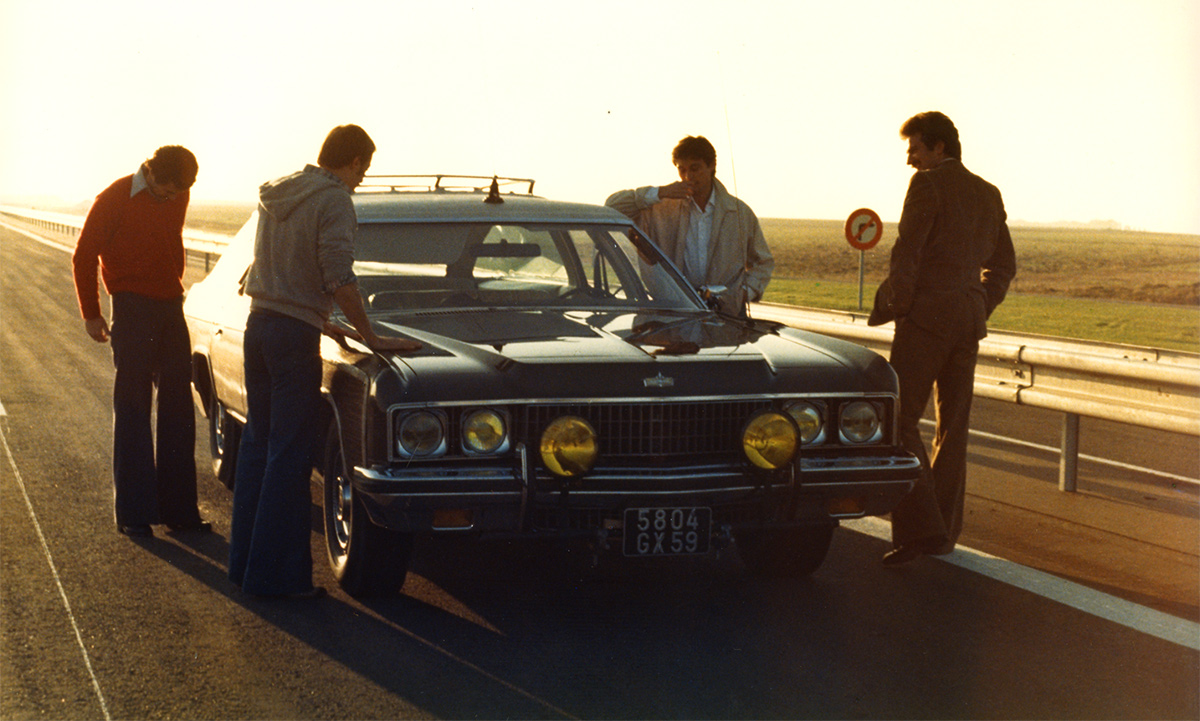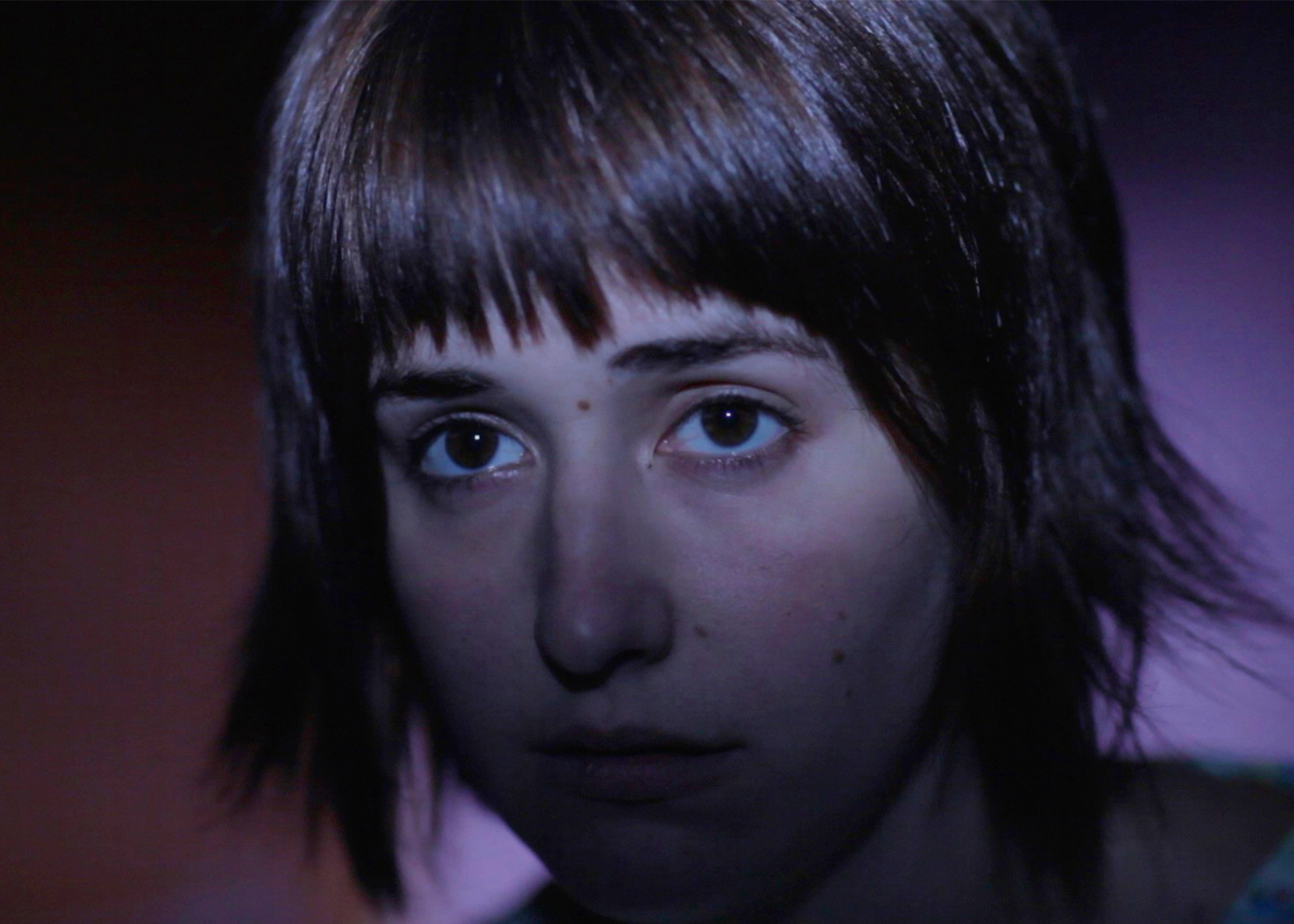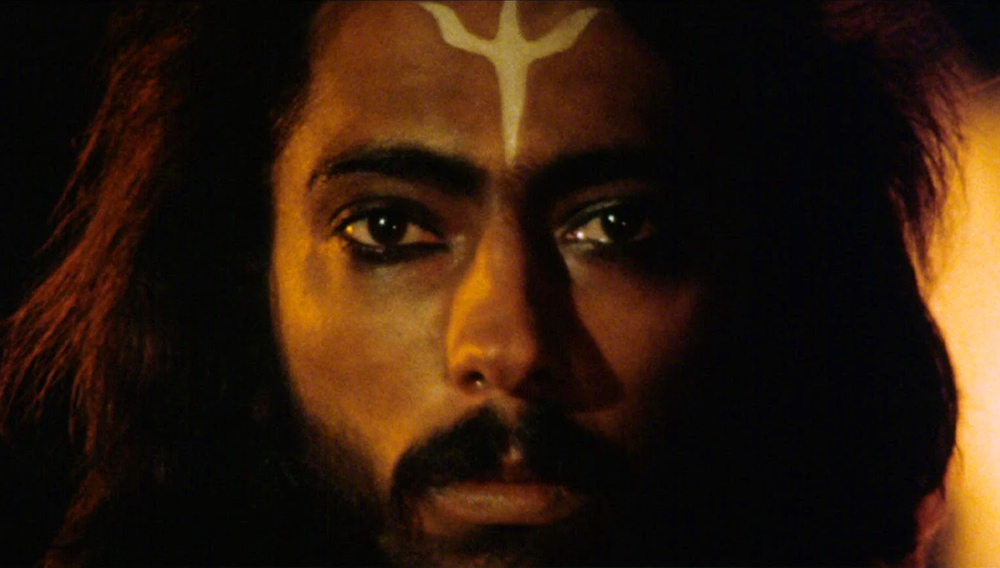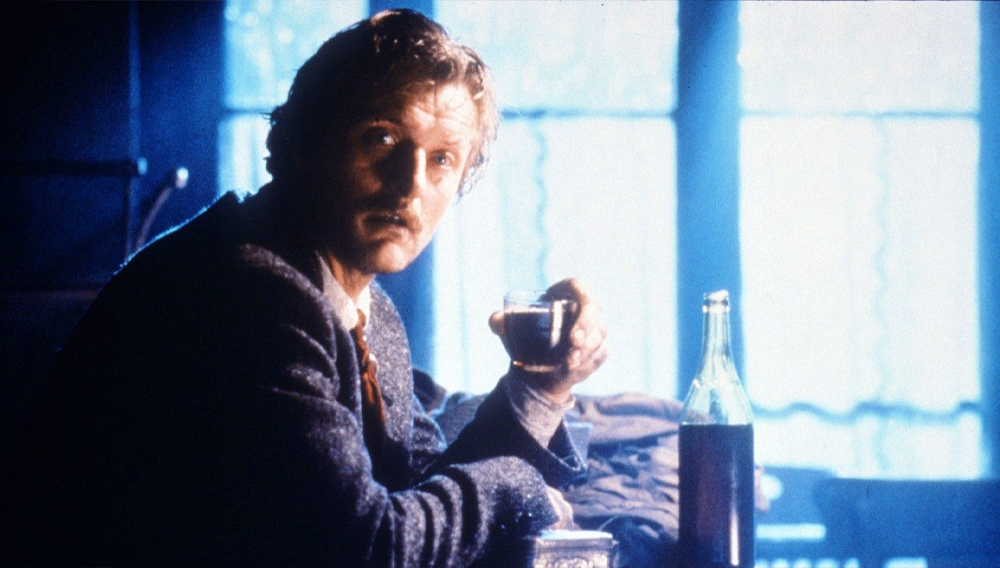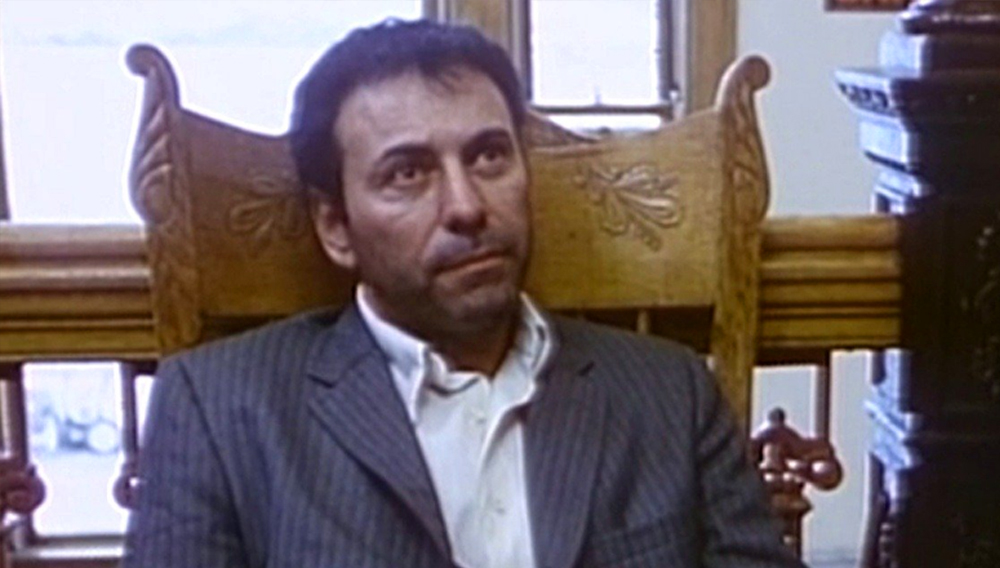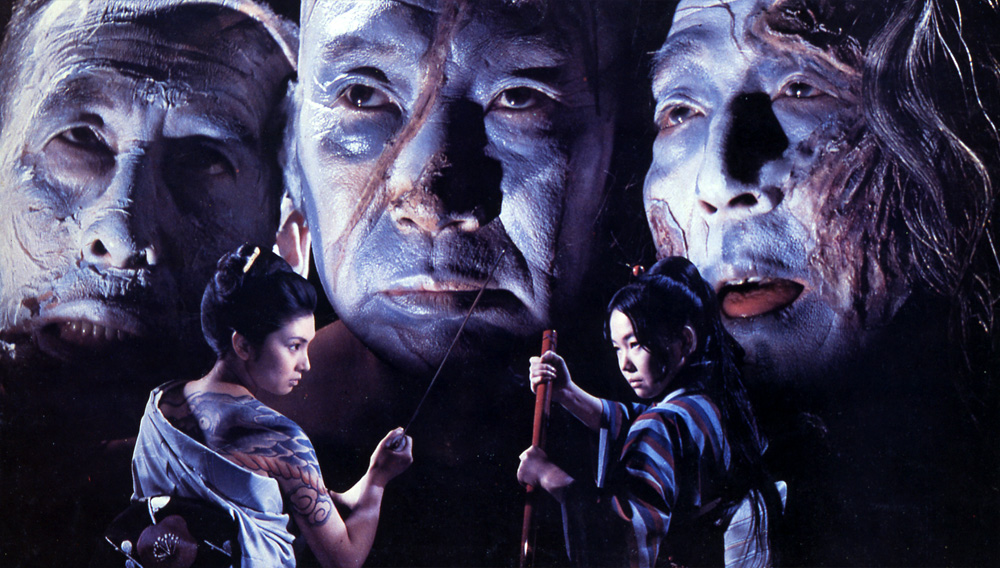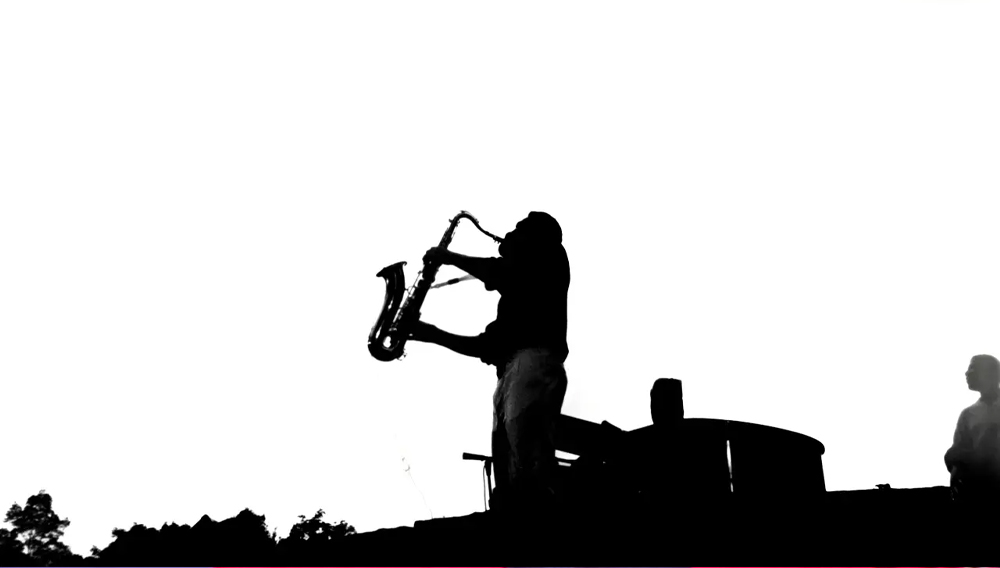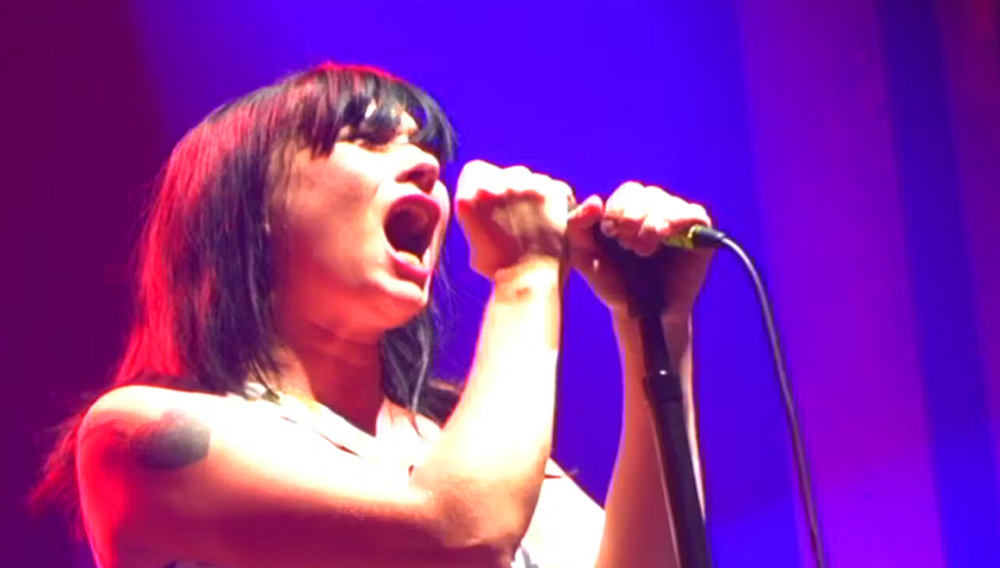“In films like Petropolis, Picture of Light, and the epic Gambling, Gods and LSD, Canadian director/cinematographer Peter Mettler has forged his own odd hybrid of documentary, essay, and avant-garde art,” begins Noel Murray at the Dissolve. “Mettler takes a free-associative approach to non-fiction filmmaking, combining interviews, images, and narration in ways intended to get the audience to meditate on a few general ideas and concepts…. Mettler’s new film, The End of Time, is largely concerned with how people perceive the passage of time.” And it begins a week-long run today at the Film Society of Lincoln Center in New York.
Eric Hynes for Time Out New York: “Few things are as simultaneously terrifying and liberating as the notion of time’s relativity—that the measure of our hours and days is but a construct to manage what’s actually endless chaos. Peter Mettler’s ruminative, frequently astounding essay film doesn’t just contemplate this notion; it aims to cinematically embody it. From the sun’s surface to the deep earth, Hawaiian volcanoes to Detroit’s decay, Mettler explores the different ways that we experience and define time, using his own documentary as a mind-bending demonstration of its mutability.”
Writing for Film Comment, Jonathan Romney notes that “certain themes of The End of Time are close to those of Patricio Guzmán’s poetic but disturbing 2010 documentary Nostalgia for the Light,” even though the “politics of Mettler’s film are more strictly environmental: the notion that human intervention can undo in a lifetime the ecosystems that have taken millions of years to evolve. But his film is more generally concerned with the gradual unfolding of ideas and visual images through time—that is, in the viewer’s mind. The End of Time is less interesting when offering explicit insights of commentators—including Mettler himself, who contributes a drawling, stoner-ish voiceover—than when letting images do the work, following digressive turns that don’t obviously build up to an essayistic argument but are immensely suggestive nonetheless.”
“Mettler, who shot all of this himself, is a deft director of photography,” adds Calum Marsh in the Voice, “and the years of globe-trotting that constitute his shoot have yielded much natural beauty. One image in particular, of a lava flow in Hawaii, is one of the most plainly gorgeous things I’ve seen on film all year.”
Writing for the New York Times, Miriam Bale notes that Mettler “uses music and sound to control the pace, to slow time, as if cinema were a form of enforced meditation.”
For news and tips throughout the day every day, follow @KeyframeDaily on Twitter and/or the RSS feed. Get Keyframe Daily in your inbox by signing in at fandor.com/daily.

